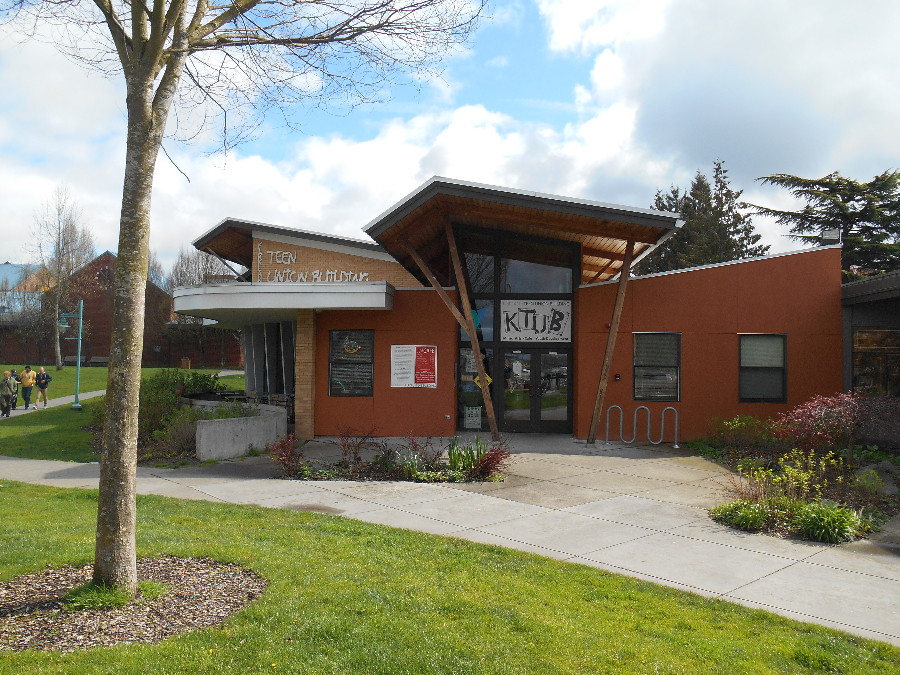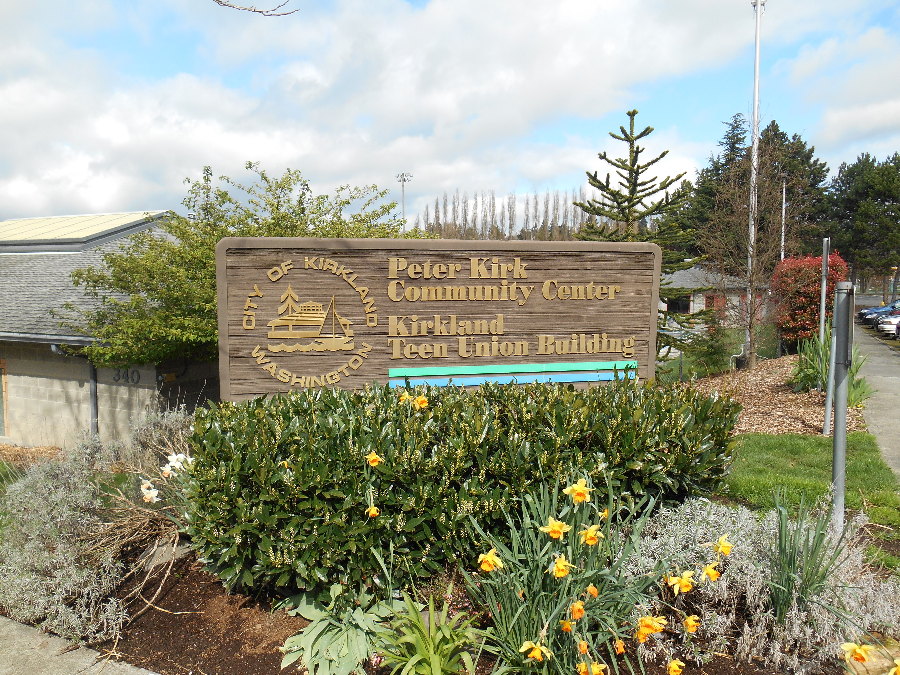A. Introduction
The City of Kirkland seeks to enhance the quality of life for all citizens in the community, regardless of race, nationality, creed, ethnic background, socioeconomic status, sexual orientation, gender or age. The City recognizes that each person needs to have a sense of belonging, support in their community, and access to opportunities that fulfill the basic needs of life. The City has made a commitment to providing services and programs to those considered more vulnerable and/or at risk, including youth, seniors, and those with financial need, special needs and disabilities. The Human Services, Senior Services, and Youth Services Programs are all housed within the Parks and Community Services Department.
The challenges now and in the future are how to provide support to teens, how to serve the increasing senior population, and meet the growing basic needs of low- and moderate-income residents. Youth will continue to need support programs and positive leisure activities to help them become competent and responsible members of the community. Forecasts for the future indicate that one in four residents in the Puget Sound area will be over the age of 65 in 2035. To be able to continue residing in the community, many of these residents will need support services along with affordable housing or housing that accommodates seniors as they age, such as assisted living facilities, accessory apartments and smaller one-story homes. Kirkland has experienced an increase in the number of low- to moderate-income residents needing food, shelter, clothing, and other support services.
Diversity and Social Equity
Our community continues to be enriched with people from different countries, and with diversity in racial and ethnic groups, socioeconomic status and faith traditions. The City and human service providers need to be responsive to and inclusive of this diversity that exists now and in the future.
Discrimination based on disabilities is prohibited under Title II of the Americans with Disabilities Act and is also prohibited on the basis of race, color, national origin or sex under Title IV of the Civil Rights Act. Yet discrimination, injustice and denial of equitable access continue in many aspects of our society. The City and human service providers need to take responsibility to see that social equity exists in its policies, programs, and services.
Diversity and social equity are two important overarching foundations for youth services, senior services and human services.
Existing Conditions
Youth Services
The Youth Services Program is run by the City’s Youth Services Staff with support from the Kirkland Youth Council. The Kirkland Youth Council is an advisory board to the City Council representing the youth in the community. In addition, the Youth Council provides communication between the City Council, community-based groups, schools, and service organizations. Kirkland Youth Council members represent Kirkland locally, nationally, and internationally at summits and conferences.
The City of Kirkland works in partnership with community agencies to provide information and services to Kirkland youth and families. Because of the many immigrant and refugee families living in Kirkland and attending Kirkland schools, City and school-linked support programs have been established.
The Teen Union Building, located on the perimeter of Peter Kirk Park next to the Peter Kirk Community Center, provides a social, educational, recreational and leadership center for youth. The programs at the facility also provide a gateway to volunteer activities and jobs in the community.
Teen Union Building
Senior Services
The Peter Kirk Community Center provides opportunities for people age 50 and over to have healthy and rewarding lives and to participate in community events. To achieve the goal of promoting wellness of body, mind and spirit, the Center offers a wide variety of fitness, art and lifelong learning classes, in addition to health, legal and financial services, lunches and home meal deliveries.
The Kirkland Senior Council is an advisory board to the City Council representing residents 50 years and older. The Senior Council prioritizes and works to implement the Senior Council Work Plan and makes recommendations to the City Council.
Senior activities held at Peter Kirk Community Center
Human Services
Kirkland has experienced demographic, economic and social changes. These changes have dramatically increased the need for health and human services. The City’s Human Service Policy established a separate program within the Parks and Community Services Department. Human Services Staff is primarily responsible for the planning and administration of the City’s human services program. The City’s role in human services is as a partner, funder, facilitator, and coordinator, but not a direct provider of human services. The Human Services Advisory Committee serves as a committee to advise the City Council on allocation of the City’s General Funds and Community Development Block Grant (CBDG) funds for human services.
Relationship to Other Elements
The Human Services Element is one of the elements that implements the Guiding Principle of supporting a socially sustainable community through health and human services and programs that fulfill the basic needs of all people. The element also implements the Guiding Principle of providing a sense of community through involvement in government, schools, civic events and volunteer activities and by creating a sense of belonging through shared values. The Element addresses basic needs of access to information and services, food, and shelter. It also addresses health and well-being through social and civic engagement. For older people, the element also addresses affordable housing designed to accommodate mobility and safety, economic security and aging readiness through financial literacy and technology.
The Human Services Element supports the Housing Element by establishing policies to provide housing assistance and to encourage construction of housing appropriate for seniors, the disabled and those in need. The Human Services Element also establishes policies to allocate City funds to nonprofit organizations providing affordable housing.
The Human Services Element supports the Transportation Element by encouraging better access to services and activities for seniors, youth, and those in need who often rely on safe and convenient pedestrian connections and public transit. In addition, the Human Services Element supports the Public Services Element with policies by coordinating with social services organizations to provide assistance to Kirkland residents. Lastly, the policies in the Human Services Element support the Park, Recreation, and Open Space Element with policies that ensure that recreational programs are offered for seniors, youth, non-English speakers, and those in need.




